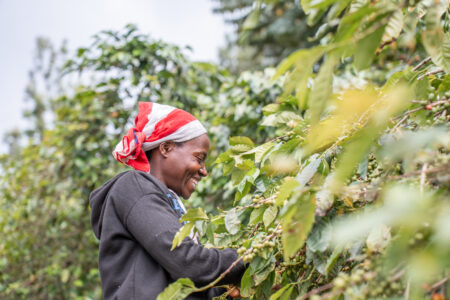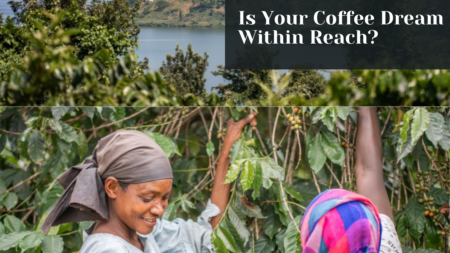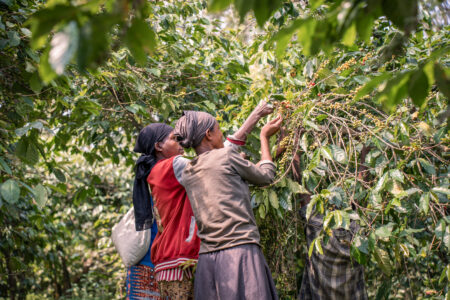Why is Kawah coffee more expensive than the coffees at supermarket?
Kawah coffee is a specialty coffee produced using high-quality, single-origin beans. On the other hand, commodity coffee, which is typically found in supermarkets, is produced in large quantities, using low-grade coffee beans that are often blended together to create a consistent flavor profile. This coffee is typically roasted to a dark profile, which can mask any defects in the beans, but also results in a bitter taste. Kawah coffee is more expensive than the coffee you can find at most supermarkets and here are a few reasons why:
- Quality of the beans: Kawah coffee sources only the highest quality beans from a family coffee farm and washing station in Rwanda, which are more expensive than lower quality beans that are typically used in supermarket coffee blends.
- Roasting process: Kawah roasts their coffee in small batches, which requires more time and attention than the large-scale roasting processes used by most supermarkets. This extra care results in a higher quality and more flavorful coffee.
- Ethical and sustainable practices: Kawah is committed to using ethical and sustainable practices, which often require more investment in the production process. For example, the farmers who produce Kawah coffee are paid fair prices for their crops, which can be higher than the prices paid by other coffee producers. Kawah also allocates half of their profits to funding comunity projects in healthcare and early childhood education.
- Shipping and handling: Kawah coffee is typically shipped directly to customers, which can be more expensive than the mass transportation used by supermarkets. Additionally, the packaging used by Kawah is often more expensive than the packaging used by supermarket brands. Shop – Kawah Coffee (kawah-rwanda.com)
In summary, Kawah coffee is more expensive than supermarket coffee because it is of higher quality, produced using sustainable and ethical practices, and shipped directly to customers. These factors require more investment in the production process, resulting in a higher price point. However, many coffee lovers find that the extra expense is worth it for the exceptional quality and taste of Kawah coffee and because their purchases benefit the farmers behind the brand directly.










